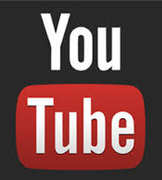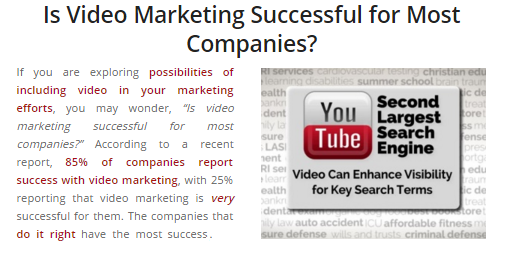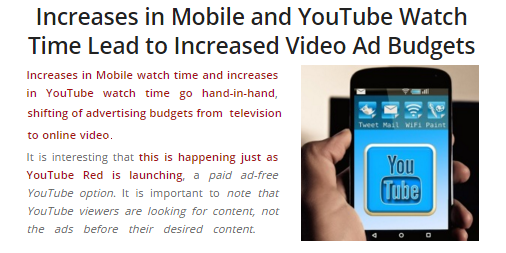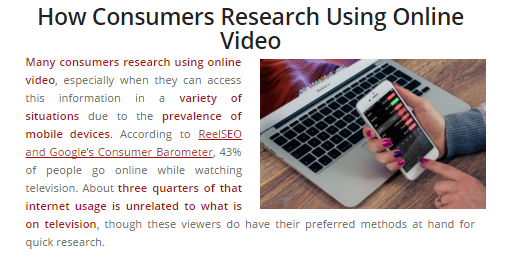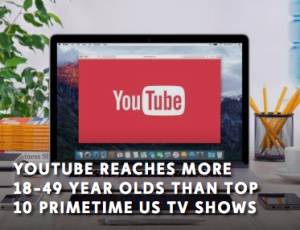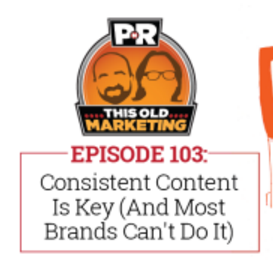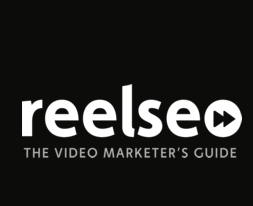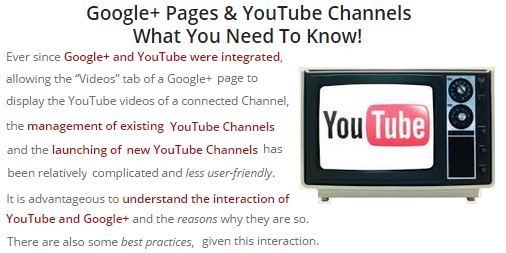
CLICK ABOVE to Read the full article from The Video Content Marketing Guru!
Ever since Google+ and YouTube were integrated, allowing the “Videos” tab of a Google+ page to display the YouTube videos of a connected Channel, the management of existing YouTube Channels and the launching of new YouTube Channels has been relatively complicated and less user-friendly. It is advantageous to understand the interaction of YouTube and Google+ and the reasons why they are so. There are also some best practices when it comes to Google+ pages and YouTube Channels.
It used to be that one could go to YouTube and create a channel by starting a new account, and this account was its own entity. Since the integration, however, every YouTube Channel is treated as an extension of a Google+ Page or a Google+ Profile. New YouTube Channels not intentionally created as extensions of an existing Google+ presence were forced to become active on Google+ at the time of creation. Cynics may suggest this was a way to make Google+ a stronger competitor in the social media market. We will save the discussion for the effects on YouTube commenting for a later day…
Beyond the initial inconvenience of forced participation, this led to further problems: Forcing YouTubers to make new Google+ pages resulted in many of these pages being duplicates and/or neglected, and Channels and Pages were often built up separately when it would be advantageous to build them together as two parts of a single entity. YouTube users who created their Google+ presences separately from their channels found that the forced integration actually served to prevent the integration of their own Channels and Pages/Profiles. It seemed difficult or impossible to fix the situation, in some cases. A user may find himself ultimately making direct appeals to Google to manually fix this interaction on his accounts.
A Google+ Page can have up to 50 YouTube Channels. A Google+ Profile can have one YouTube Channel. A YouTube Channel can be connected to only one Google+ Page or Profile. See the explanation from Google HERE.
DO YOU NEED MULTIPLE CHANNEL MANAGERS?
There were also important changes to how YouTube users log in to manage their Channels. While one could have previously simply shared a username and password with anyone with whom he wished to share responsibility for a YouTube Channel, this behavior is now treated by Google as a security risk, and may result in additional identity verification hoops that can become very inconvenient. It is a valid concern, but much like the above issue of connecting a Page and Channel, it can be troublesome for established users. The encouraged and best practice at this point for sharing Channel management responsibilities is to first establish the YouTube Channel as an extension of a Google+ page, and then to invite/assign each user’s Google+ Profile as a “Manager” of that page. Each user’s Google+ Profile in turn also becomes a “Manager” of that YouTube Channel.
If you have found your YouTube Channel(s) and Google+ Pages/Profiles in a predicament similar to some of those described above, here are some resources that may assist you:
New YouTube Channels and Google+
Differences Between Google+ Pages and Profiles
Disconnecting Channel from Google+
Connect To Google+
Connect To Google+ Profile
Connect To A Google+ Page
Owners and Managers on Google+ Pages
Switching Between Channels on a Google Account
* NEW * – YouTube Channel Transfer Tool for moving between Google+ pages & profiles
Your firm’s ideal clients are searching online for answers you can provide. They are seeking topical video and written content that provides helpful information, demonstrates expertise, builds trust, and creates a loyal relationship. Improve your firm’s bottom line, recognition, and capacity for top results by optimizing your lead generation efforts with video content marketing. Fill out the form below for information on getting started!
